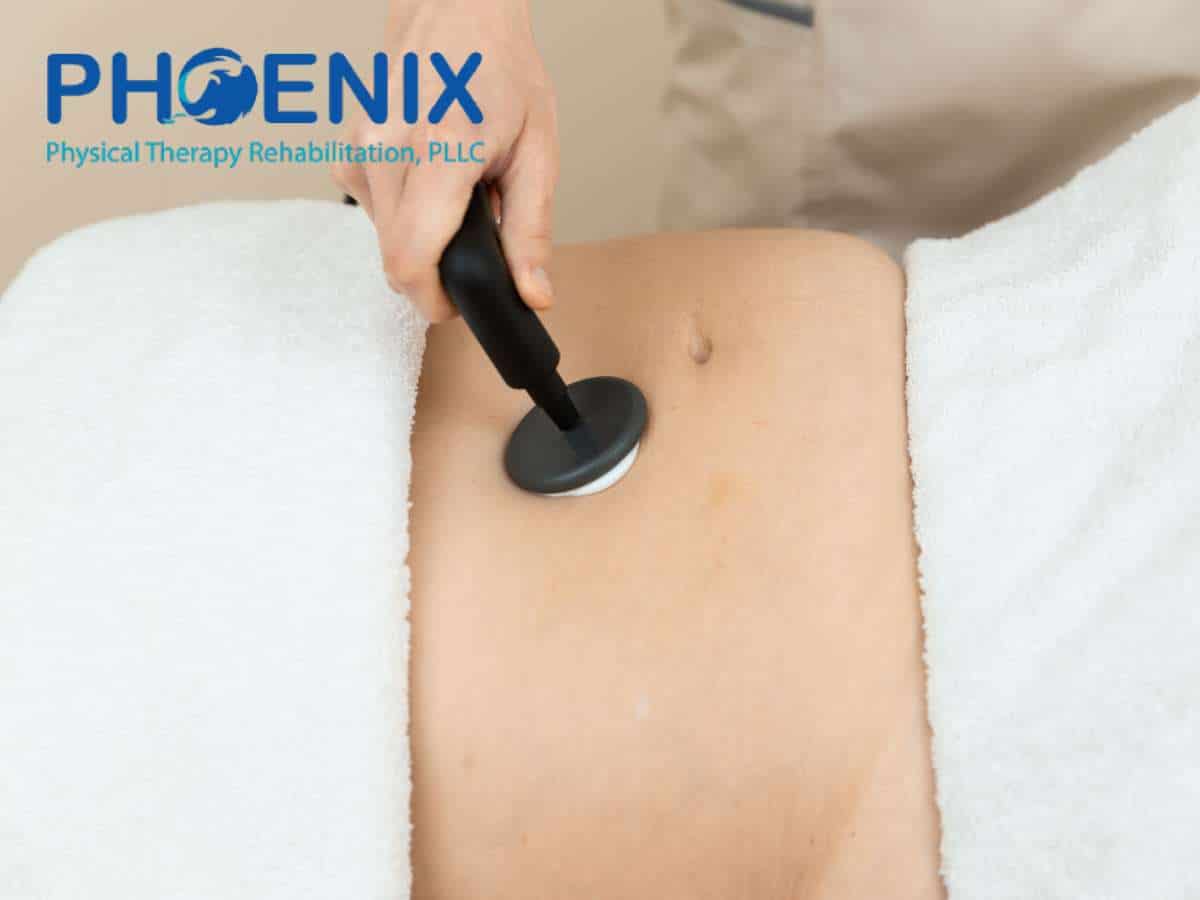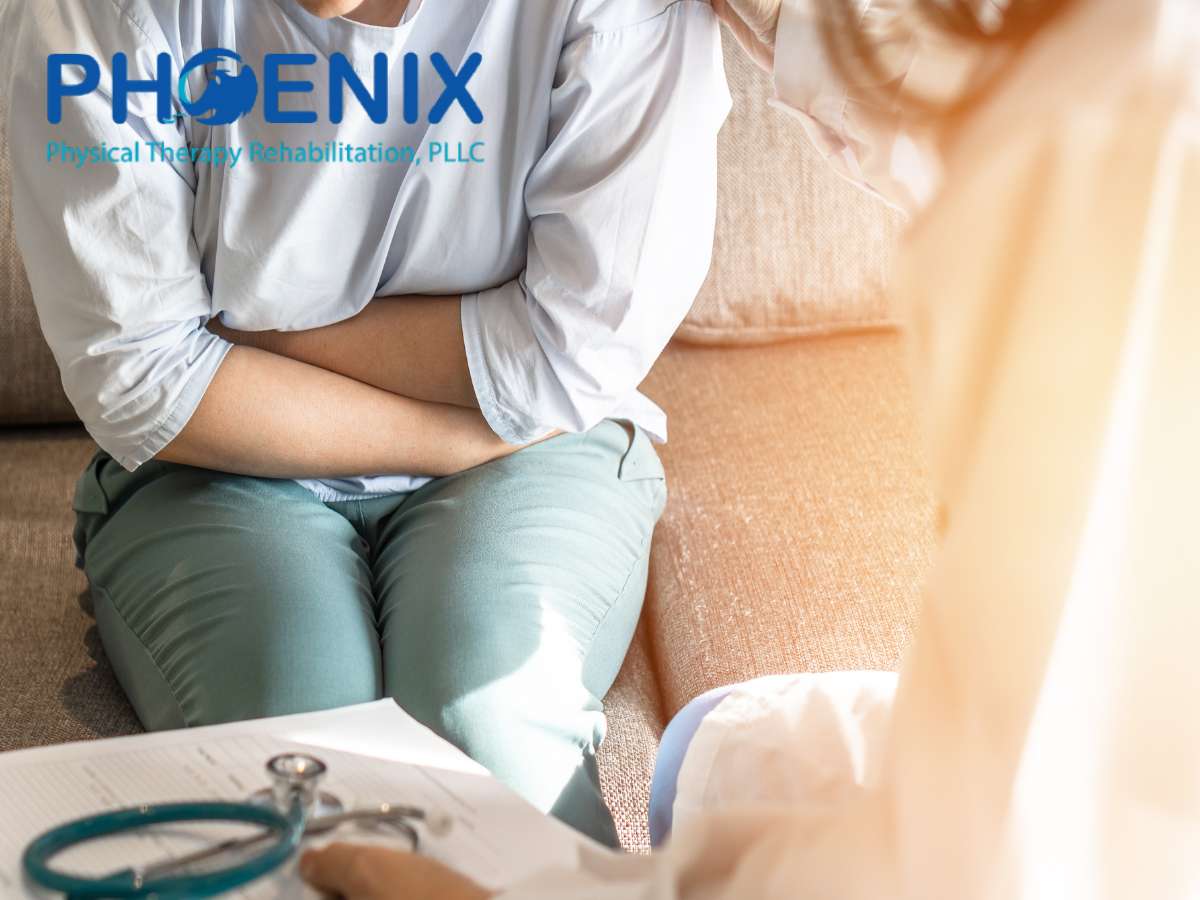How To Regain Control Of Your Pelvic Health After Pregnancy
While the joy of bringing a new life into the world is unparalleled, it’s essential to acknowledge and address some of the common challenges that can arise, particularly concerning the pelvic floor.
The pelvic floor, a group of muscles and tissues that provide crucial support to the pelvic organs, often bears the brunt of pregnancy and childbirth. As a result, many women experience pelvic floor problems post-pregnancy that affect their overall well-being and quality of life.
The following article will give you a few details of five of these problems. With the help of a trusted team of Brooklyn physical therapists, we’ll explore the causes, symptoms, and treatment options to help you regain control of your pelvic health.
The Pelvic Floor And Its Vital Role In The Body: Support Your Bladder, Bowels, Sex Life & Posture
The pelvic floor is a group of muscles, ligaments, and connective tissues that form a supportive hammock-like structure at the base of the pelvis. This part of the body plays a vital role in many essential functions, including:
- Supporting Organs: One of the primary functions of the pelvic floor is to provide support to vital organs, including the bladder, uterus, and rectum.
- Controlling Urinary and Bowel Function: The pelvic floor muscles maintain urinary and bowel continence. They help release urine and feces by contracting and relaxing as needed.
- Sexual Function: It also plays a role in sexual function. These muscles contribute to sexual pleasure and orgasm.
- Stability and Posture: The pelvic floor is part of the body’s core muscles and contributes to overall stability and posture.
- Childbirth: During childbirth, the pelvic floor muscles stretch to accommodate the passage of the baby through the birth canal.
- Pelvic Health: Maintaining a healthy pelvic floor is essential for women’s overall well-being, especially with physical therapy. The pelvic floor helps prevent or alleviate conditions like pelvic pain, pelvic organ prolapse, and urinary incontinence.
- Muscle Control and Coordination: Proper pelvic floor function involves the coordination of various muscle groups. These muscles must contract and relax at the right times for normal body functions.
What Are The Most Common Pelvic Floor Problems After Pregnancy?
After pregnancy, many women may experience various pelvic floor problems due to the strain and changes their bodies undergo during childbirth. Here are some of the most common:
Urinary Incontinence
Urinary incontinence is a common pelvic floor problem characterized by the involuntary loss of urine. It happens when the normal control over the bladder is compromised, leading to unintentional leakage. There are several types of urinary incontinence, such as:
- Stress Urinary Incontinence (SUI): SUI is the most common type. It involves the leakage of urine during activities that exert pressure on the bladder, such as coughing, sneezing, laughing, or lifting heavy objects.
- Urge Urinary Incontinence: Also known as overactive bladder (OAB), this type is characterized by a sudden and intense urge to urinate, often followed by involuntary urine leakage before reaching the toilet.
- Mixed Incontinence: According to our team of physical therapists, mixed incontinence is a combination of stress and urge urinary incontinence.
- Overflow Incontinence: This type occurs when the bladder doesn’t empty, causing it to constantly be full or “overfilled.” As a result, small amounts of urine continuously leak.
- Functional Incontinence: Functional incontinence is not primarily related to problems with the urinary system but is due to physical or cognitive limitations that prevent a person from reaching the toilet in time.
- Transient Incontinence: Transient incontinence is a temporary form of urinary incontinence usually caused by different factors like medications, infections, or other reversible conditions.
Pelvic Organ Prolapse
Pelvic organ prolapse (POP) is when one or more pelvic organs, such as the bladder, uterus, or rectum, shift from their normal positions and descend into the vaginal canal. This descent is often due to weakened or stretched pelvic floor muscles and supporting tissues.
Pelvic organ prolapse can cause various symptoms, including fullness or pressure in the pelvic area, discomfort or pain, and sometimes, a visible bulge or lump in the vaginal or rectal area.
Pelvic Pain

Pelvic pain can have various underlying causes, including gynecological issues (such as ovarian cysts, endometriosis, or fibroids), musculoskeletal problems (such as muscle strain or ligament issues), urinary tract infections, digestive disorders, or nerve-related conditions. However, one of its most common causes is pregnancy or post-pregnancy changes.
The cause of pelvic pain often requires a medical evaluation to get an accurate diagnosis. Treatment options depend on the underlying cause and may include medications and physical therapy.
Diastasis Recti
Diastasis recti is a condition characterized by the separation of the rectus abdominis muscles, which are the long muscles running vertically along the front of the abdomen.
Normally, these muscles are joined together by a band of connective tissue called the linea alba. However, during pregnancy, the uterus stretches, causing the abdominal muscles to separate along the midline. In some cases, this separation persists after childbirth.
Constipation Or Pain With Bowel Movements
Postpartum constipation can occur due to hormonal changes, reduced physical activity, and pain medications during and after childbirth. It may lead to infrequent and difficult bowel movements, causing a lot of discomfort.
Similarly, pain during postpartum bowel movements isn’t uncommon, and it can be associated with different things like hemorrhoids, perineal tears, or muscle pressure due to the physical stress of childbirth.
Get Expert Care For Postpartum Pelvic Floor Problems From Phoenix Physical Therapy & Rehab
If you’re experiencing persistent postpartum discomfort or looking for specialized care and guidance, reach out to Phoenix Physical Therapy & Rehab today. Your well-being matters and expert care is just a call away. Contact us!
Phoenix Physical Therapy
Rosedale Location
23520 147th Avenue, Suite 1,
Rosedale, NY, 11422
Brooklyn Location
7510 4th Ave., Suite 3,
Brooklyn, NY, 11209
Phone: (347) 733-1916








